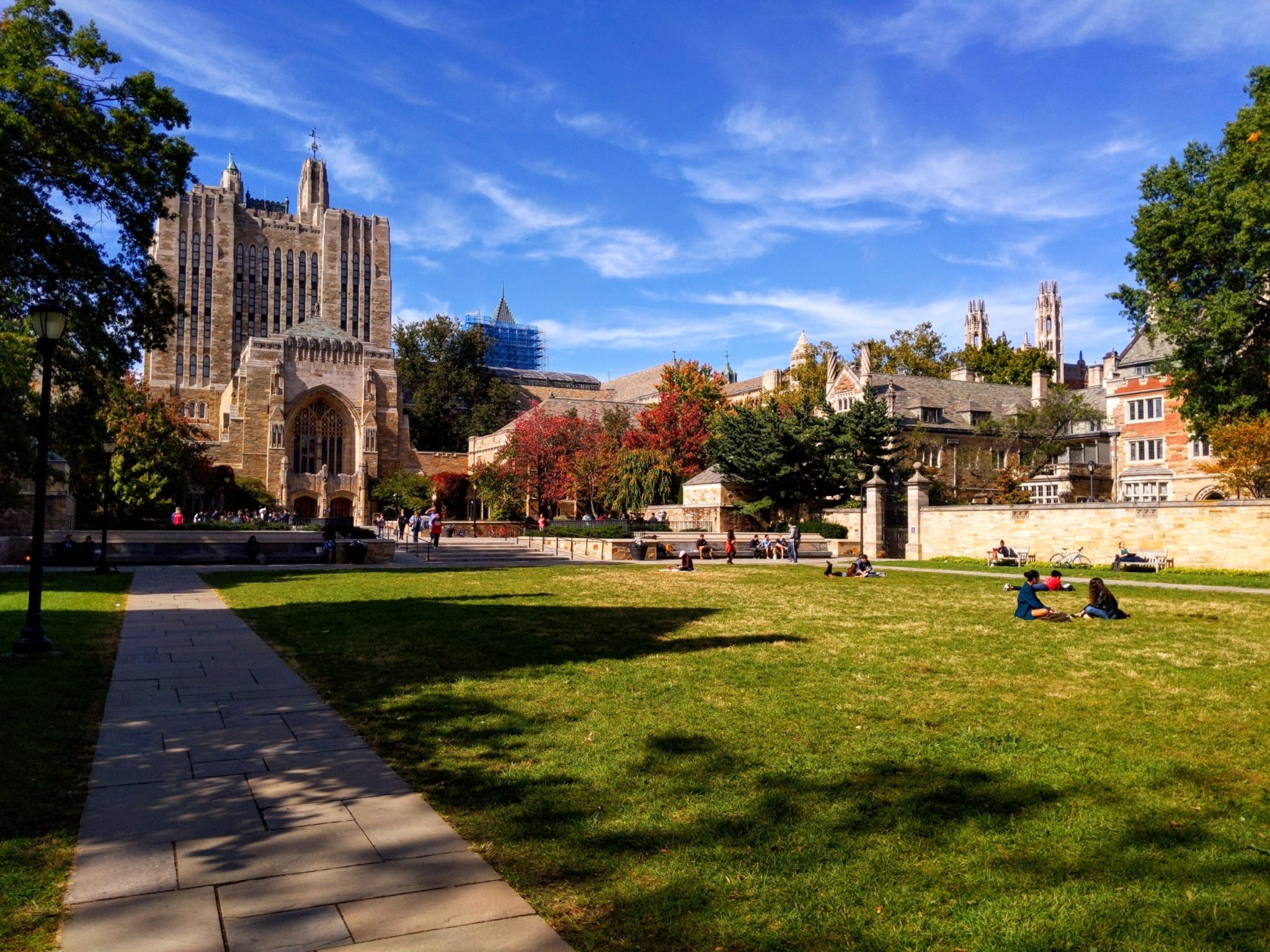
Amay Tewari, Photo Editor
Earlier this month, three attendees of a single in-person lecture tested positive for coronavirus.
According to the New Haven Register, a visiting professor from New York City lectured the class and subsequently tested positive. Two students in the class also tested positive. In an email to the News, University spokesperson Karen Peart confirmed that there were three cases of COVID-19 stemming from a lecture.
“The University acted quickly upon learning of these cases, isolating the infected individuals and performing contact tracing,” Peart wrote. “To date, no additional positive cases have been identified among those students.”
Peart added that all other students in the classroom were asked to obtain testing, but she neither specified whether this testing was mandatory nor the time frame under which it occurred.
One of the students in the class, who tested positive and requested anonymity, told the News that the class was a graduate School of Management and Jackson Institute for Global Affairs course. They confirmed that the visiting professor and two students, including themself, were infected.
“I don’t think that there should be any in-person classes,” the student told the News. “The vast majority of the in-person classes at Yale that I know of only include grad students who as of right now aren’t required to be tested, which I think is a huge issue considering the fact that they are only required to get tested only if they’re living in Yale-owned student housing.”
According to the Yale Health guidelines, only graduate students in high-density dormitory housing, which includes Helen Hadley Hall and Harkness Hall, are required to obtain twice-weekly testing. Other graduate students are not required to participate in testing, but they can voluntarily participate once a week.
Dr. Madeline Wilson, chief quality officer at Yale Health and chair of Yale’s COVID-19 Testing and Tracing Committee, referred the News to Karen Peart when asked for comment. Maritza Bond, director of public health for the city of New Haven, also did not respond to a request for comment.
As of Sept. 26, Yale is currently at a “low to moderate” risk for coronavirus transmission according to the Yale COVID-19 Statistics page. From Sept. 20 to Sept. 26, Yale tested 6,268 individuals for the virus and three people tested positive: one off-campus undergraduate, one student from the graduate and professional schools and one faculty and staff member.
Since Aug. 1, there have been 20 positive coronavirus results, including only unique positive cases and individuals.
“The university will continue to take rigorous precautions in order to safeguard the health of the Yale community and beyond,” wrote Peart. “The university monitors its testing program daily to look for any signs of outbreaks or opportunities to adjust protocols. We are extremely grateful for the sense of shared responsibility our community is demonstrating at this challenging time.”
In an email to the campus community on Sept. 4, Yale College Dean Marvin Chun lauded these efforts. He noted that Yale College had “no positive test results, no undergraduates in isolation and none in quarantine,” for 12 days. He thanked students for their attentiveness toward the community compact.
According to the most recent data available, the University last conducted 212 tests on Sept. 26, returning no positive results.
For the student who tested positive, however, these encouraging numbers are not enough to feel safe in the in-person classroom.
“I’m a little freaked out to go back, in all honesty,” the student told the News. “[During the lecture] everyone was wearing masks, everyone was distancing 6 feet. The room was ventilated, all the windows were open. Technically it all looked okay, which makes it a little crazier.”
As of Sept. 25, Connecticut has 54,743 cumulative confirmed coronavirus cases.
Madison Hahamy | madison.hahamy@yale.edu
Clarification, Sept. 29: An earlier version of this story said that Peart confirmed three cases stemmed from this specific lecture. In fact, she only confirmed that three cases stemmed from a lecture. The story has been updated to clarify her statement.







